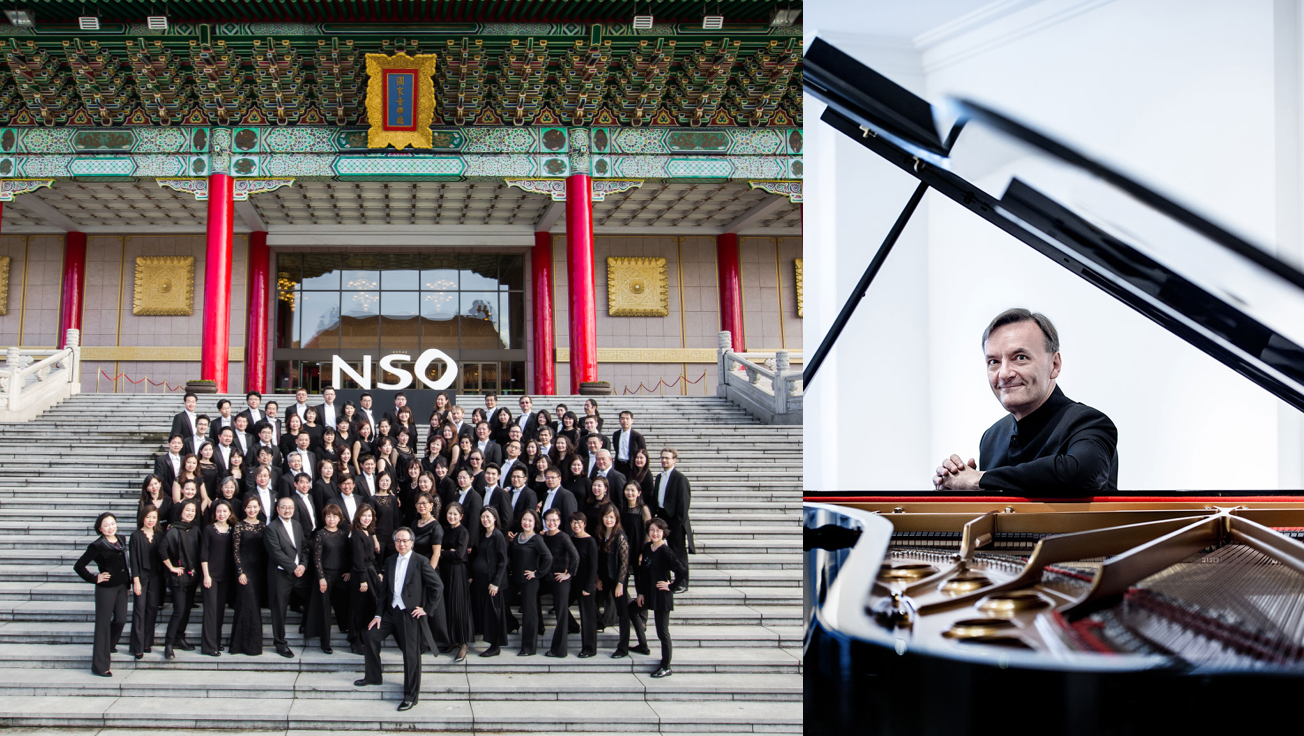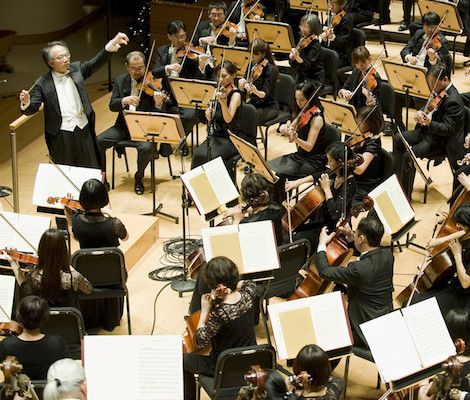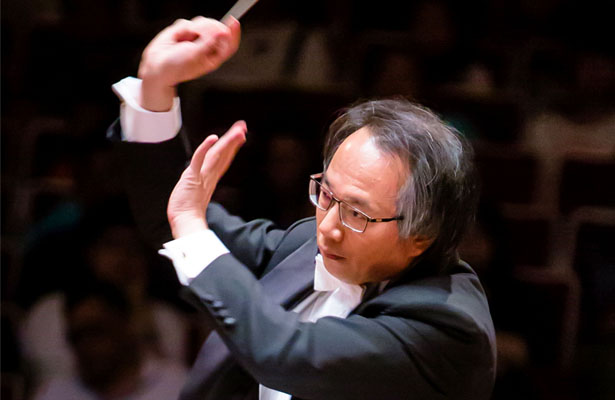Conversation with Taiwan Philharmonic's Shao-Chia Lü on its 2018 U.S. Tour
/By Truman C. Wang
10/2/2018
“O Freunde, nicht diese Töne! Sondern laßt uns angenehmere anstimmen, und freudenvollere.
Freude! Freude!”
Beethoven’s Utopian vision of universal brotherhood, expressed in his Ninth Symphony, may well serve as the mission statement of the Taiwan Philharmonic. A politically orphaned island of 23 million people, Taiwan today is a culturally diverse democracy with thriving arts and tourism industries. The Western classical music tradition in Taiwan, started some 30 years ago, has rapidly matured to allow this Southeast Asian island to win over new friends – in its first-ever U.S. tour in 2016 – through the joy of the universal language of music, while managing to cut through all the joyless political and extra-musical noises (nicht diese Töne!)
Apparently, that first effort in Costa Mesa proved so successful that the orchestra was immediately invited to return in 2018, in an expanded U.S. tour that includes four cities. The Costa Mesa concert, slated for October 30, will be once again presented by the Philharmonic Society of Orange County.
A lesser-known trait, unique among Asian countries, is Taiwan’s East-meets-West heritage of Dutch, Spanish, Japanese, Chinese and native aborigines. The name “Formosa” came from Portugese “Ilha Formosa”, meaning “Beautiful Island”. It’s little wonder that many European guest conductors have commented favorably on the Taiwan Philharmonic’s “versatility”, “flexibility” and “intuitive feeling” for Western music. Browsing through its 2018/19 season in Taipei, one is impressed by the breadth and depth of the offerings – symphonies and chamber music by Brahms, Mozart, Shostakovich, Mahler, two semi-staged operas (Tosca and Bluebeard’s Castle), as well as an all-American concert. Any Western orchestra would look on with envy.
Since starting his tenure in 2010, Music Director Shao-Chia Lü has been a tireless proponent of ‘musical diplomacy’. Educated in the U.S. and Austria, now residing in Hanover, Germany, the globe-trotting, multilingual maestro is an ideal candidate to present the multicultural facets of the Taiwan Philharmonic to the world by programming both Western classics and Taiwanese music. Two weeks ago, I had a candid phone conversation with maestro Lu to discuss his views –
On the U.S. Tour
The 2016 tour was our first venture onto the North American stage. This year, we will again try to convey our unique artistic identity in these concerts and use the power of music to win new friends. Moreover, we would like to show, among other things, the high standards of classical music performance in Taiwan; the diverse program of Western classics and Taiwanese pieces; the multiracial makeup of orchestra musicians (principal flute and trumpet are both Caucasian but fluent in Mandarin). Taiwan has great cultural diversity and our music-making hopefully will reflect that.
On Taiwanese Pride



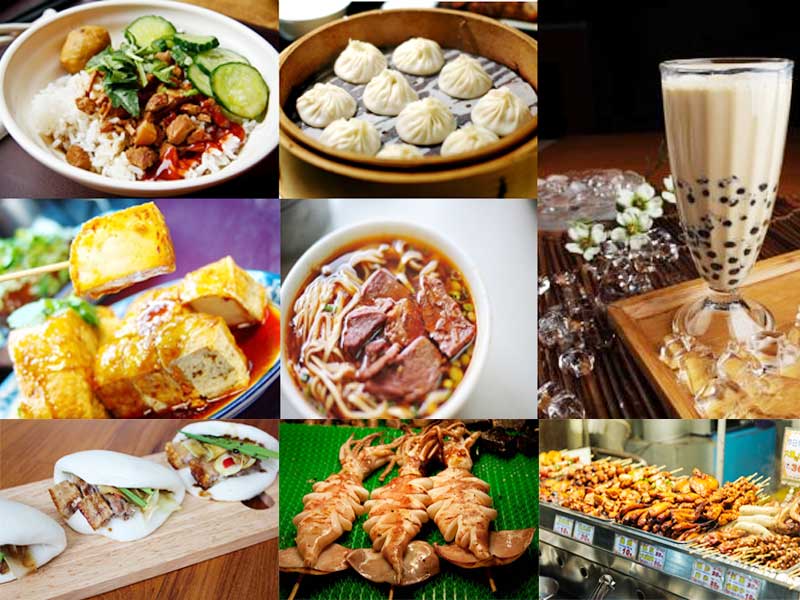
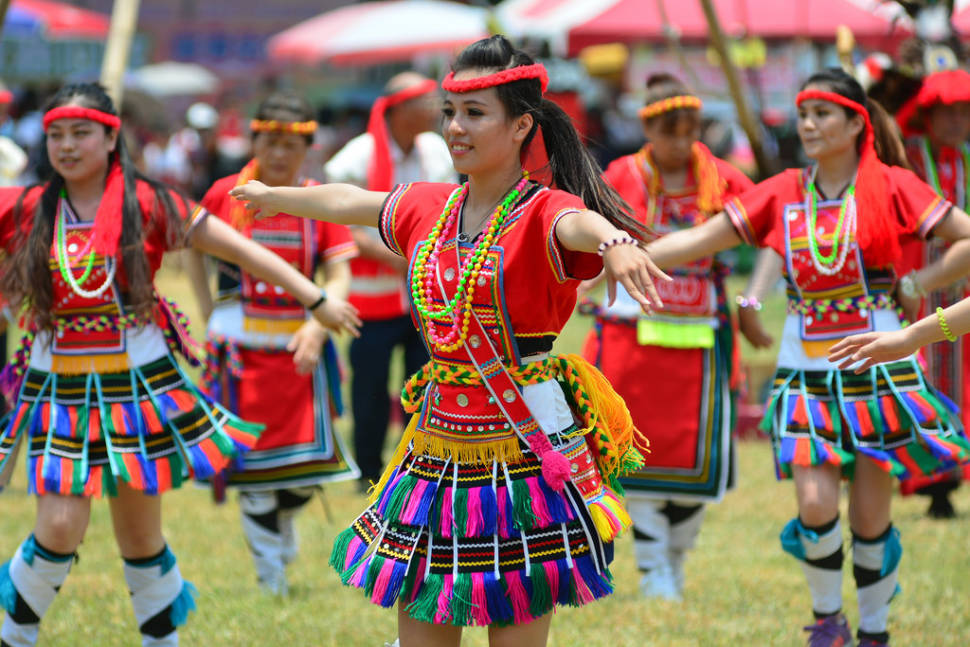
I disagree with the nationalistic notion that, to show Taiwanese pride or ‘the Sound of Taiwan’, you must play as many Taiwanese pieces as possible. Of course, we are Asians, but I believe these Western classical masterpieces belong to all mankind, without political boundaries, so I try to capture the spirit of a work as the composer has intended, while giving it my own unique ‘Taiwanese’ interpretation – if that makes any sense.
When I conducted in France, the critics called me a “French specialist”. In Australia, when I conducted Tosca, they thought I was a “Puccini specialist”. Other critics say I have a “German sound” . But my only goal is to follow the composers’ intentions, not the critics, so I just let them say whatever.
On the State of Classical Music in Taiwan
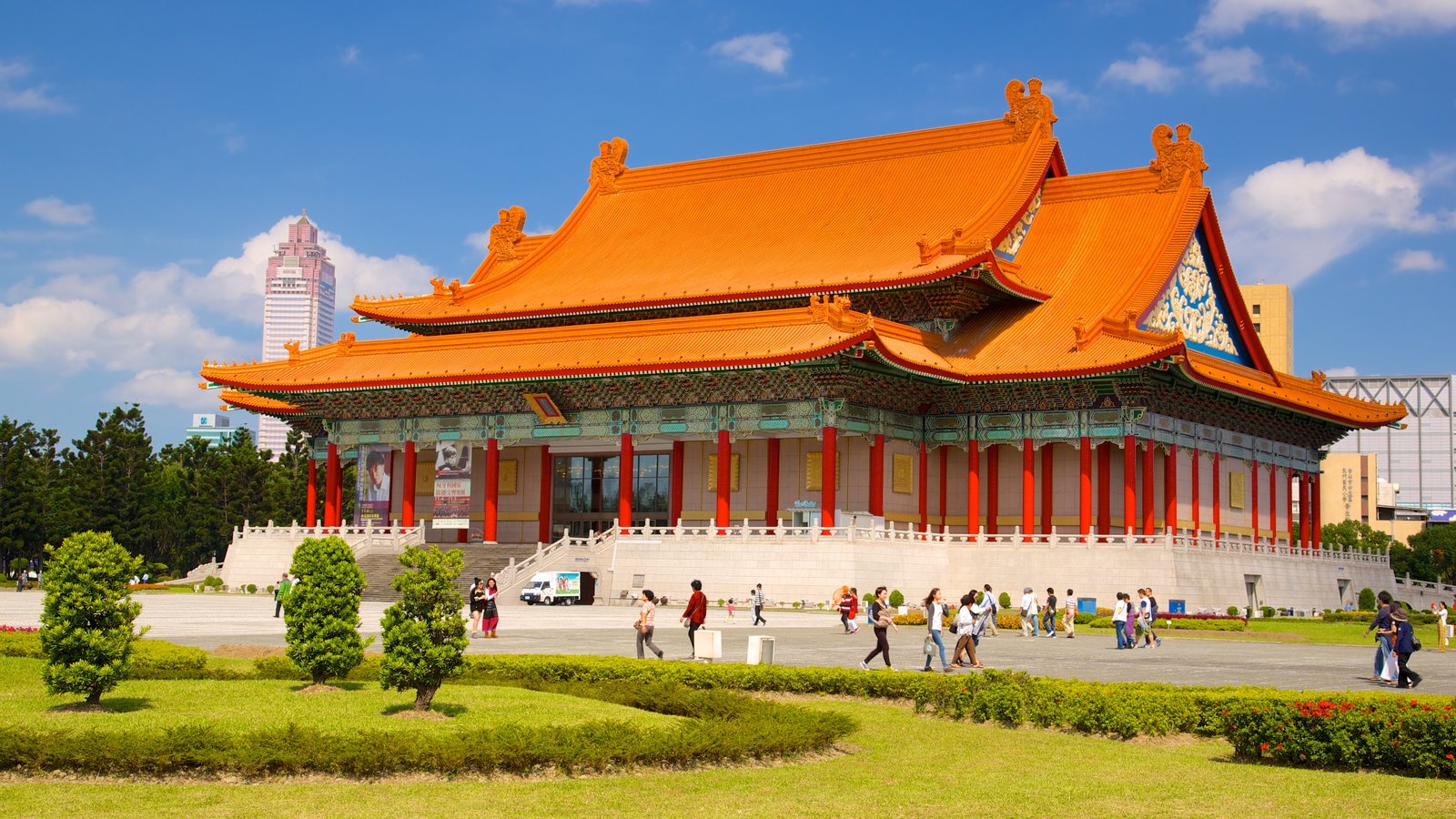
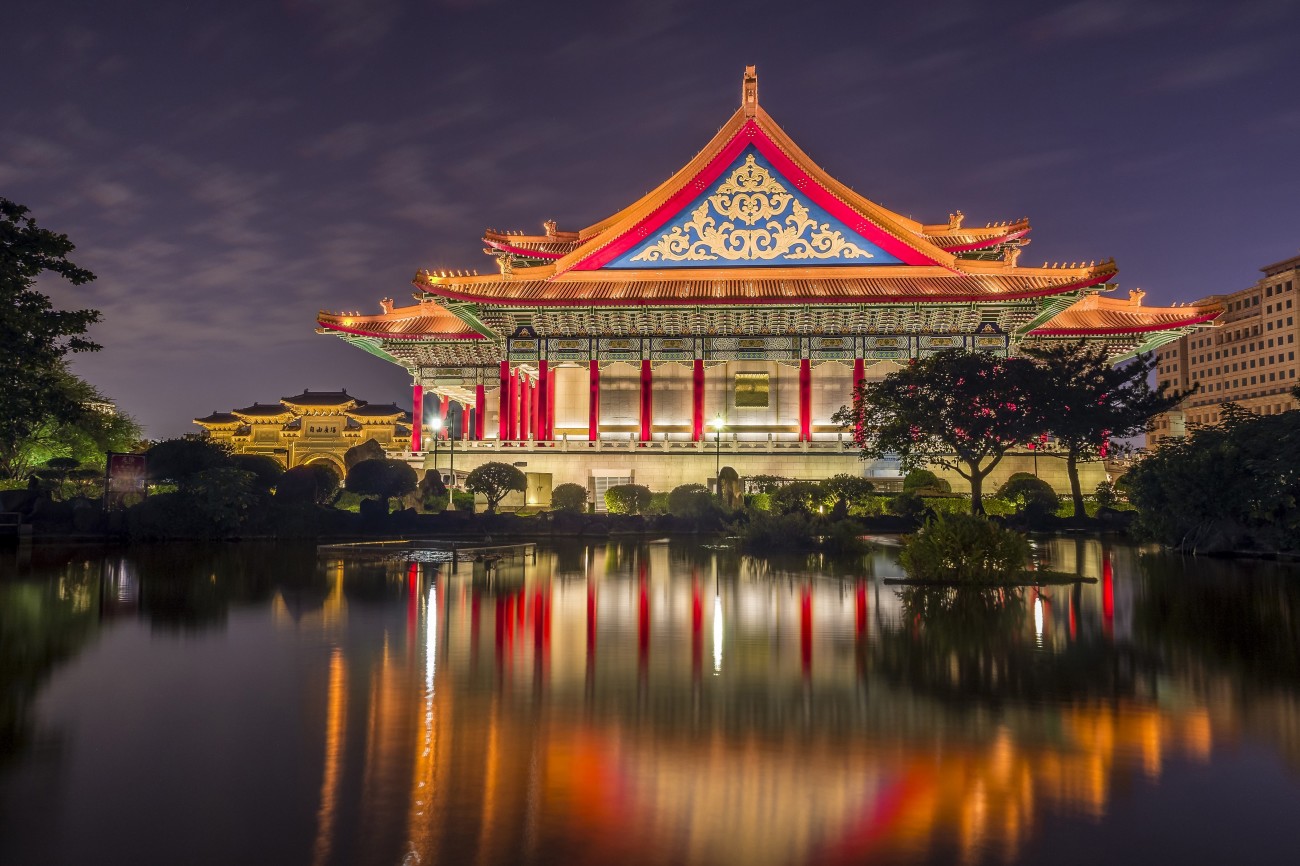
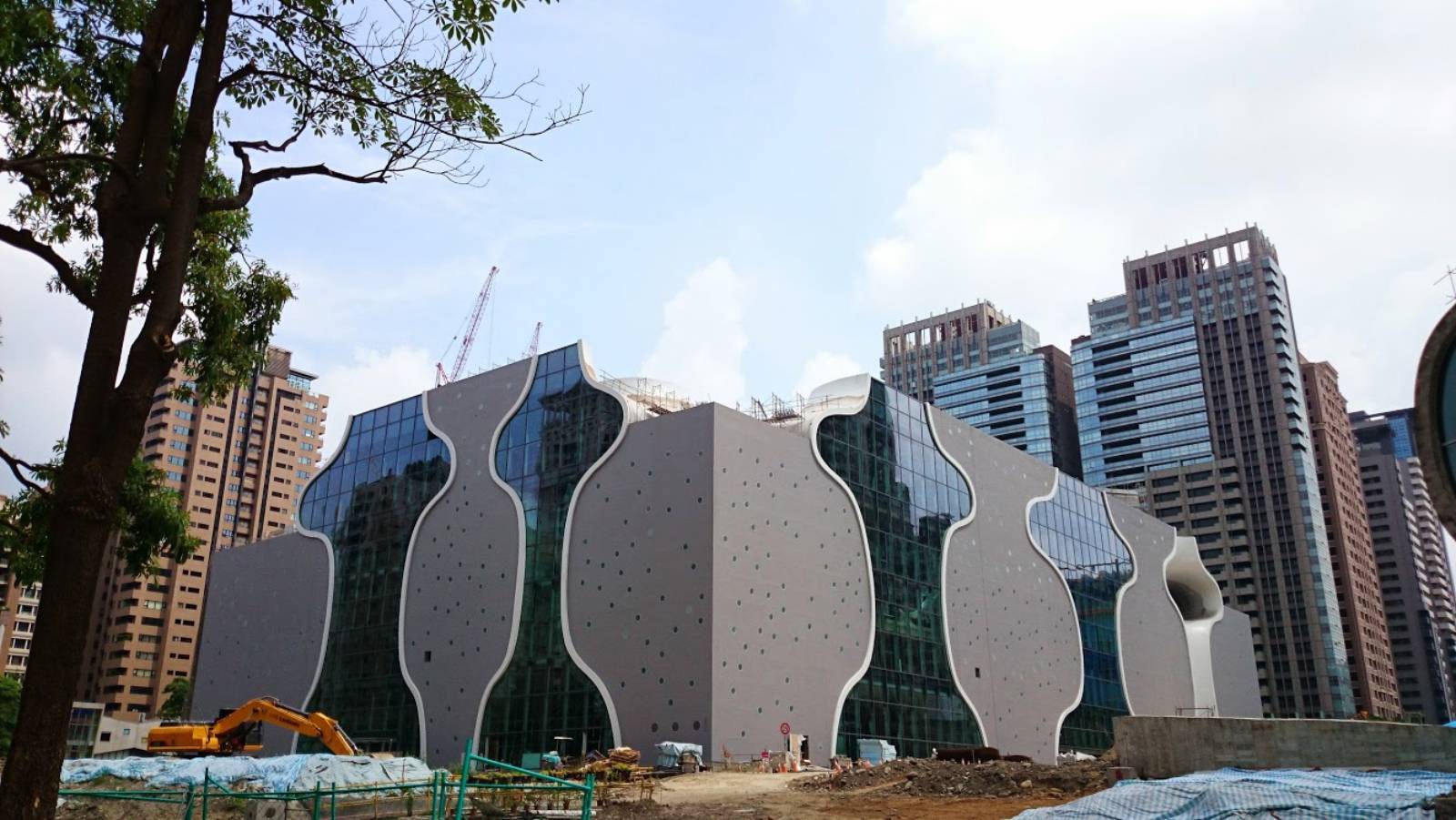
Unlike in America and Europe, the classical music audiences in Taiwan are mostly young people (Gen-Xers and millennials). I don’t know exactly why, but my feeling is that the older folks tend to regard classical music as ‘classroom studies’ and therefore something foreign. My goal is to change that perception and try to engage people of all ages and backgrounds to embrace classical music in their everyday lives.
The Taiwan Philharmonic is fortunate to receive very generous government subsidies, while at the same time allowed considerable artistic freedom to present innovative works that might be ‘box office poison’ (still we try to balance the traditional and the avant-garde, because money is still important!) For example, this season we are doing the third installment of the Ring Cycle (Siegfried) with the Barcelona-based La Fura dels Baus, known for their acrobatics and video projections, followed by a conservative staging of Tosca and concluding the season with a double-bill of Verklärte Nacht/Bluebeard’s Castle.
As a rule, I try to plan ‘theme’ concerts based on poetry, literature, a single composer, etc.– not in a nationalistic sense but always multicultural and including Taiwanese pieces. For the 2018 tour, I am excited to present a new work by Gordon Chin who is Taiwanese but speaks the international language.
We will also play a special ‘Taiwanese encore’, so stay tuned.
Truman C. Wang is Editor-in-Chief of Classical Voice, whose articles have appeared in the San Gabriel Valley Tribune, the Pasadena Star-News, other Southern California publications, as well as the Hawaiian Chinese Daily. He studied Integrative Biology and Music at U.C. Berkeley.

